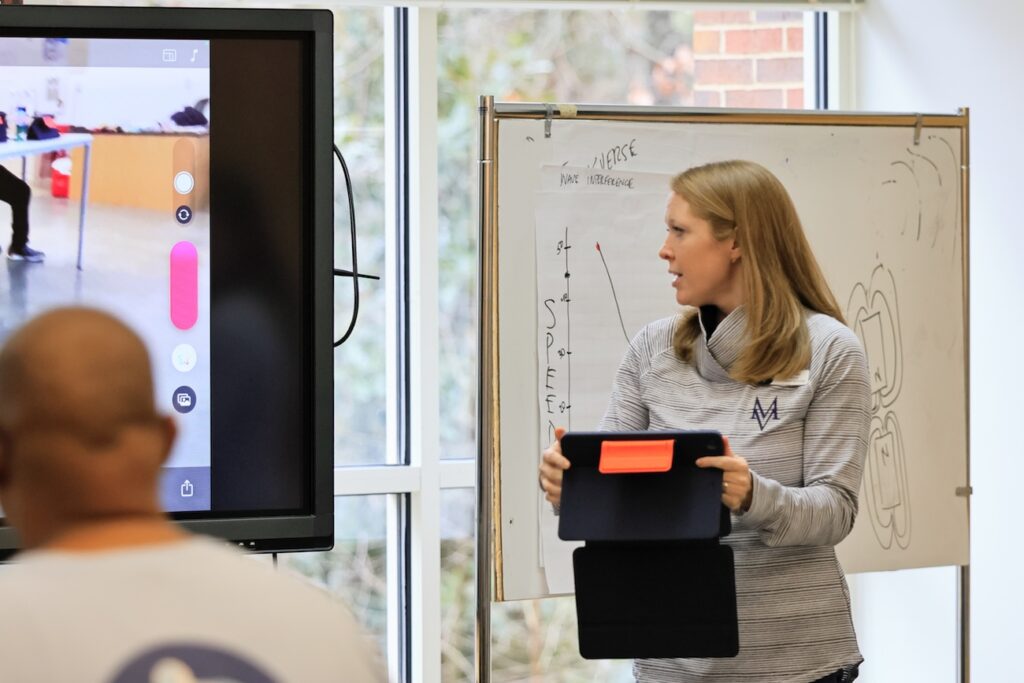
Mount Vernon Ventures is well-known as an R&D hub at the Mount Vernon School, but what makes us unique is our proximity to and relationship with Mount Vernon School‘s day school. While Ventures publishes yearly themed topics in research and design around the future of education, the day school is living out that experience with their teachers each year in our Research, Design, and Iteration (RDI) program.
Mount Vernon, at its core, is a learning organization in a dynamic environment, actively seeking ways to best meet our learners’ curiosities, interests, and needs in an ever-changing world. In order to meet the needs of this generation, we know we must remain agile to new ideas. As producers of research and design, we are committed to refining certain systems and methodologies, adopting new approaches, and/or thinking differently as if our industry no longer existed. We value being research-informed in successful instructional practice and emerging innovative models. Finally, we believe that people-centered design principles – such as a focus on users, need-finding through empathy, and iterating ideas with prototyping- guide teaching and learning.
As a professional learning community that prioritizes a culture of learning through hands-on experiences, Mount Vernon has set aside quality professional learning time for teachers to research, design, and iterate on topics, programs, and goals of the School each year. We prioritize mission-aligned professional learning that equips teachers and accelerates our strategic vision. What we spend time on accentuates what we value as an organization; building a schedule that allows for long periods of time to research, design, and iterate was a challenge we were willing to jump into with both feet. Our schedule includes monthly late-start days, dedicated faculty meetings, and three teacher professional development days dedicated to RDI work throughout the school year.
As our latest RDI cycle demonstrates, research and practice cannot be separated into isolated initiatives if we want to sustain meaningful innovation. The Fall 2025 Transformation R&D Report makes this clear: schools flourish when individual learning and institutional improvement are woven into a coherent system of perpetual learning. At Mount Vernon, this means that the insights generated through our RDI program are not “one more thing,” but are intentionally embedded within the school’s broader cultures of practice — inquiry, communication, data without blame, and growth toward excellence. By situating RDI work within these systemic flows, we reduce initiative fatigue and instead create reinforcing loops where teacher curiosity, student needs, and organizational strategy all align. For leaders, the implication is simple yet profound: innovation sticks not because of isolated pilots, but because the system itself is designed to support both human flourishing and institutional progress.
We lean in to teachers’ interests and passions, connect them through the School’s strategic plan and priorities, and design cohorts of faculty and staff willing to take on the challenge of RDI work. For the 2025-2026 school year, we have about half of our faculty and staff in the “Research” personalized learning pathways, where they have chosen topics of deep personal interest, including:
- Certifications in Data Analytics & Project Management
- Progressive Curricular Foundations Course
- Dyslexia Training
- Analyzing Media Messages: Bias, Motivation, and Production Choices
- Building out Global Travel Partnerships between Lower School students and Upper School student travelers
- Best practices for building online courses
- Creating materials in English and Spanish to support teachers’ use of inquiry-based learning and Trevor Mackenzie’s work
Additionally, there are cohorts in the “Design” category that were formed based on the needs of our current year’s goals; faculty and staff members were invited to join groups to forward the strategic plan and tasked to:
- Develop Global Learning competencies PS-Grade 12
- Align the Preschool-Grade 12 Humanities experiences, curriculum, and resources, and determine how reading and writing fit within and outside the Humanities
- Curate AI resources for teachers and focus on implementation of AI tools/pedagogies in the classroom
- Building a Customer Journey Mapping Prototype for both prospective and existing families
Finally, the “Iteration” cohort was designed for projects continuing from last year, such as service learning and our Impact Ready capstone experiences in Grades 5, 8, and 11. These projects are advancing the work of programs that have launched and are taking a second lap with topics that were a significant value-add for the community. The Iteration groups have an opportunity to dive deeper as faculty and staff explore their passions over multiple years and/or continue to scale the work of others.
Ultimately, when a school trusts its teachers to be co-creators of strategic projects, the user takes center stage in the design process, resulting in exponentially more buy-in during implementation. Many projects do not fit neatly into a 10-month school year. Some faculty members receive summer grants to continue/accelerate strategic work, and others elect to continue their learning journey in a given topic area over multiple years. The goal is to model a growth mindset as a community – from the topics we research and explore to the strategic projects we build and deploy. Working across divisions and departments helps us pool our collective talents and align our teams around purpose-filled work that improves our students’ experience.
